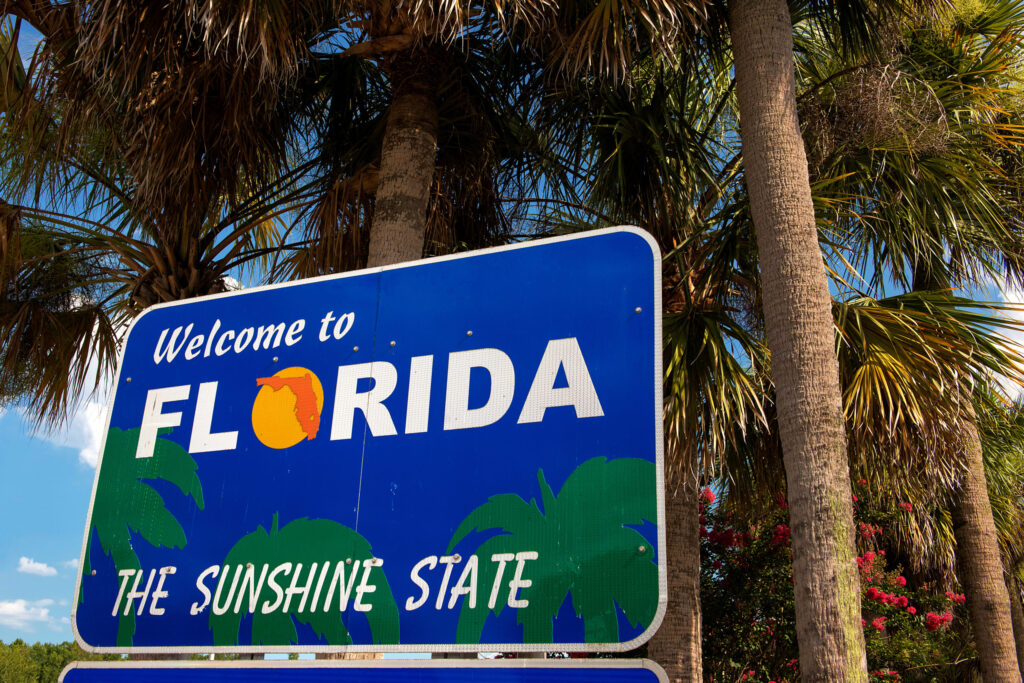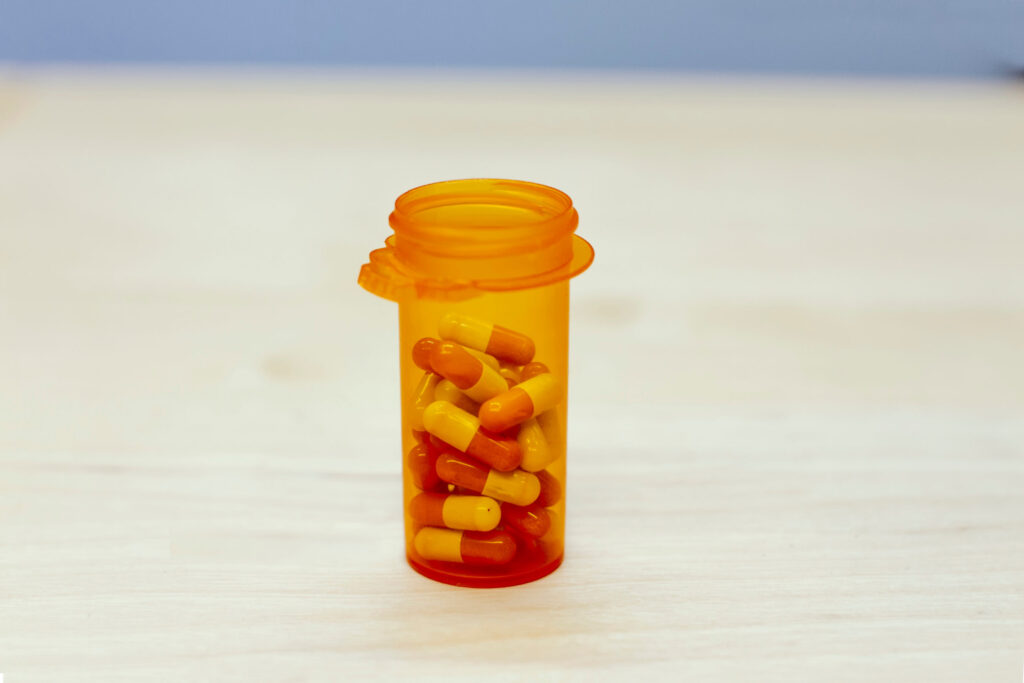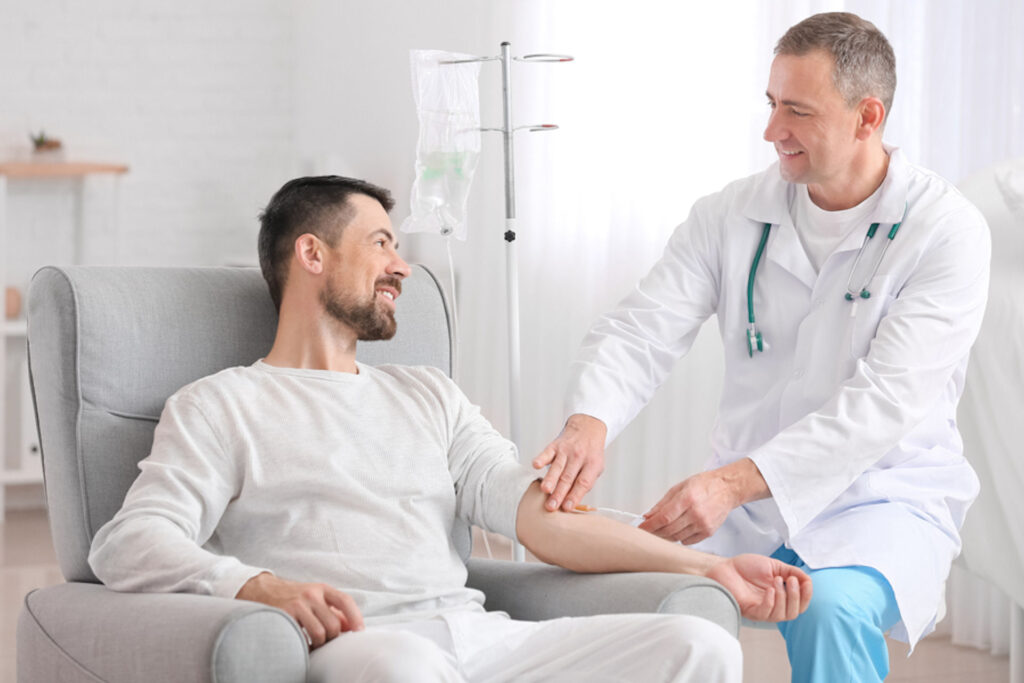What Does ‘Nodding Off Due to Drugs’ Mean?
To some degree, everyone has a basic understanding of the dangers of abusing drugs. Even drug users get that what they’re doing comes with incredible downsides and risks. Among the dangers that don’t get discussed often is nodding off due to drugs. This effect can seem almost innocent at first blush and certainly not always […]
What Does ‘Nodding Off Due to Drugs’ Mean? Read More »











